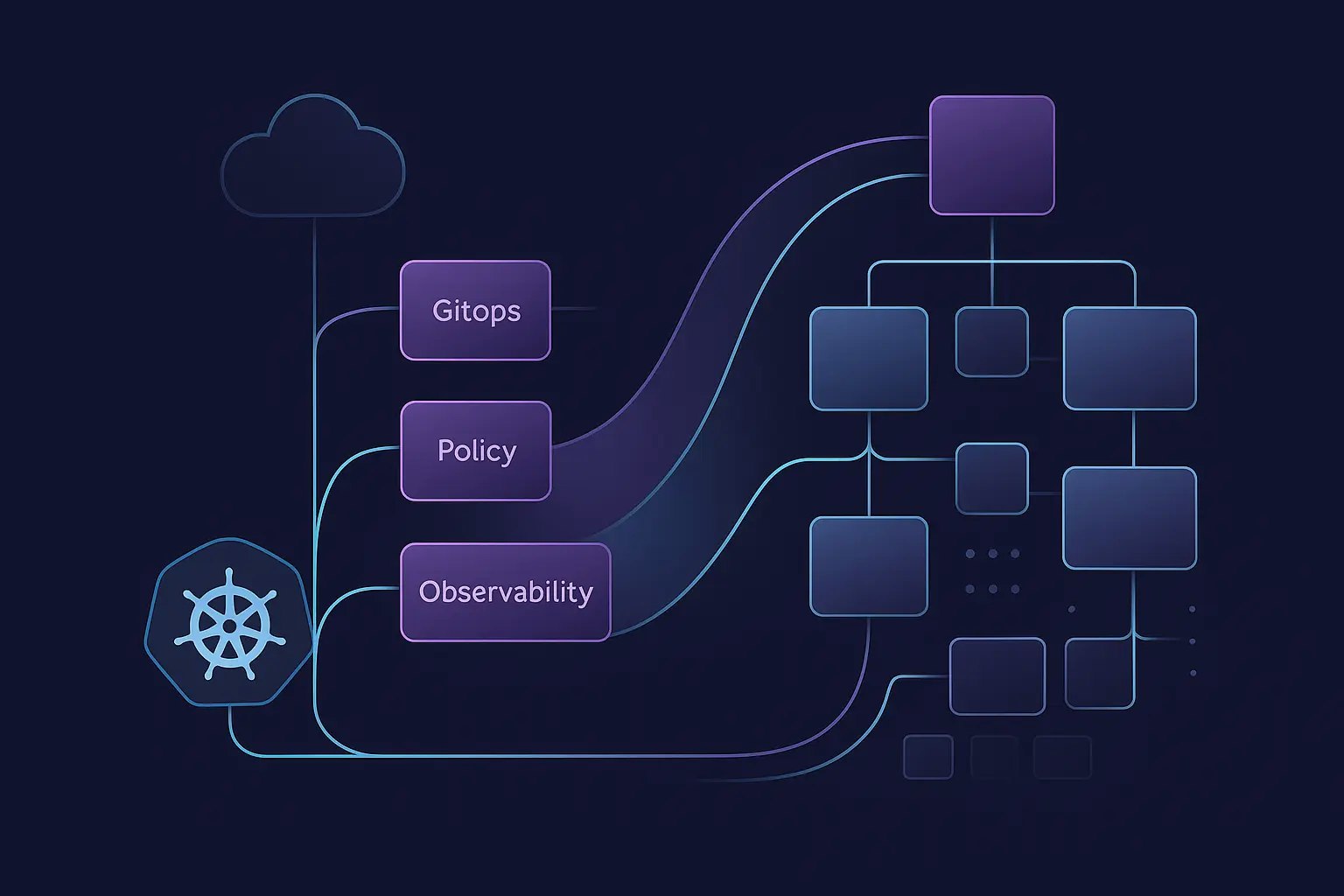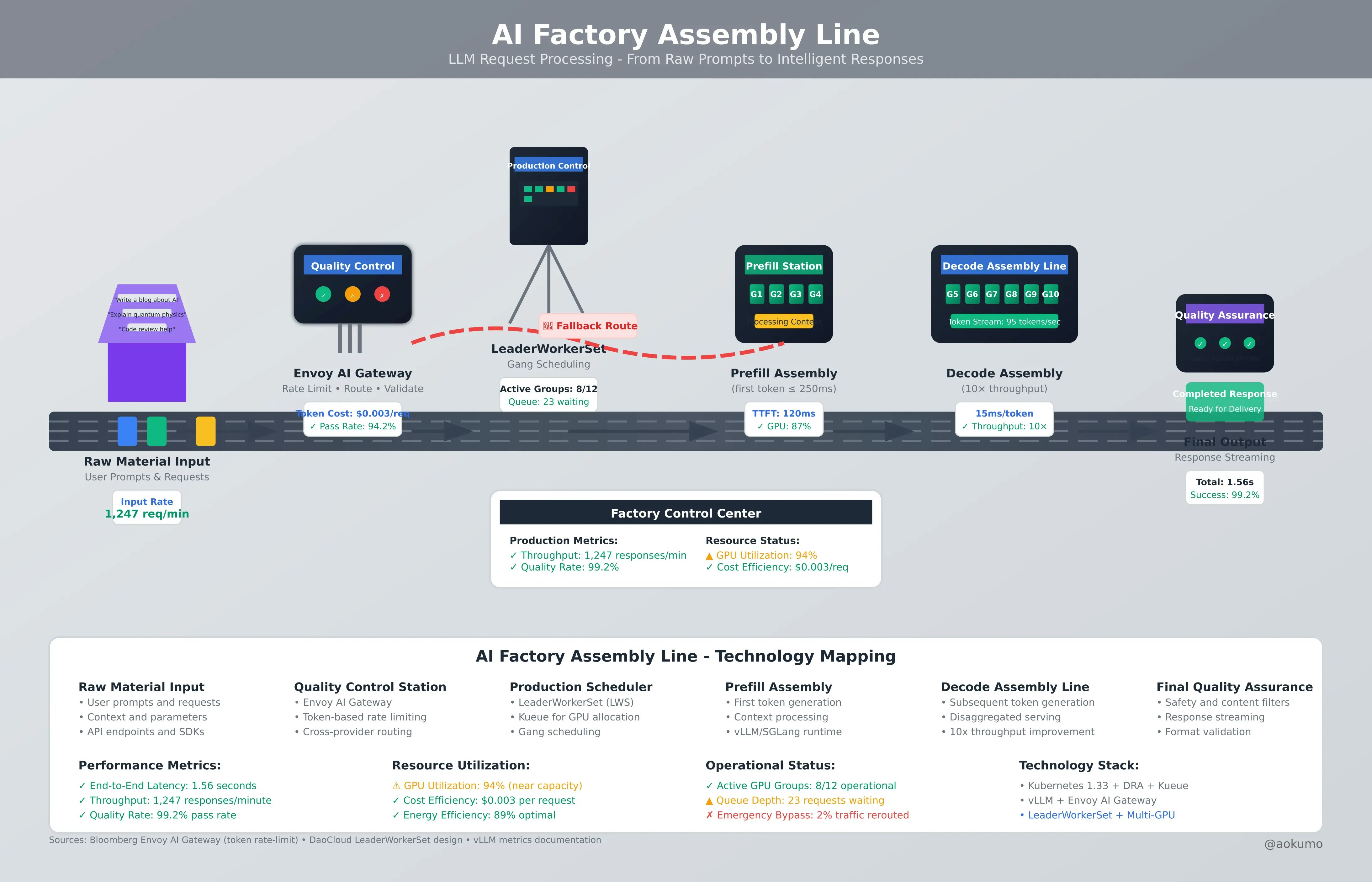Digital transformation has long been a top priority for many businesses. While some have achieved success, others have faced challenges, attempting different approaches without significant progress. A select few have successfully established the necessary foundations for operational excellence and continuous innovation.
Reasons Digital Transformations Fail
Lacking the Right Mindset
Digital transformation is a comprehensive process of modernizing infrastructure, applications, and people with the same objectives directed towards a shared goal. So, from management to IT teams, everyone should be on the same page regarding actions, expectations, and business benefits. Failing to set these expectations will strongly inhibit the digital transformation journey.
Fragmented Infrastructure
If an organization’s tech infrastructure is not integrated well with other tech components such as user applications, business applications, and other business processes, you will need a detailed roadmap to modernize and integrate infrastructure and applications. Going with digital transformation without such a plan would result in an incoherent infrastructure (again) without real business value.
Lack of talent
Digital transformation is a continuously evolving and dynamic process requiring innovation. Each stakeholder must keep up with the changing market dynamics, technologies, and infrastructure. Therefore, you must think on your feet while incorporating best practices to achieve desired digital transformation objectives. Unfortunately, many organizations fail to hire or engage the right talent, resulting in digital transformation failure.
Partnership Deficit
Organizations often partner with a technology or infrastructure provider specializing in digital transformation and work with the internal team. However, engaging a partner without knowing your technology deficit can put your digital transformation at risk or make it too costly with a slower time to market. In addition, your technology partner must have adaptability and continuous improvement traits.
Cultural Deficit
Unfortunately, organizational culture is one of the vital factors in digital transformation success, but it is often ignored. To make digital transformation a fruitful success, the company culture should include traits such as openness to change, adoption of new technologies, redesigning teams for fast value delivery, and working with new frameworks.
How to Design for Success
Considering the above reasons and other details, we must adopt a holistic approach that encompasses all the vital elements of a digital transformation and minimizes failure risk.
An outcome-based strategic approach or framework that configures people, processes, and technology to achieve operational excellence, learn what customers want, and continuously innovate. One example of such a framework is the Japanese Shin-Gi-Tai framework. The Shin-Gi-Tai framework can be translated into digital transformation with three key elements:
Shin (Strategy and Objective) ensures that all stakeholders agree on the strategic direction, business goals, products and services, and market dynamics.
Gi (Technology and Data) identifies the need to modernize technology assets with the right technology to build a robust foundation.
Tai (People and Process) brings people closer to technology and supports them in its adoption to ensure maximum business value with utmost efficiency.
Aokumo and Shin-Gi-Tai Framework
The Shin-Gi-Tai framework is built into Aokumo’s DNA. It is not just the guiding principle but also a companion to an outcome-based strategic approach that spearheads digital transformation in the right direction to achieve maximum business value.
At Aokumo, we ensure that all stakeholders know what changes are required in their infrastructure and why. We also conduct workshops for discovery, analysis, and awareness, bringing everyone in the organization together for an effective digital transformation journey.
We identify technologies most suitable to your infrastructure, workloads, and company culture to make your organization future-proof from a technology and cultural point of view. And that makes your digital transformation go a long way with sustainable business value and organizational growth.
Summary
While digital transformation is not a one-time project, a future-proof technology foundation must be built to support the roadmap and innovation. With the right mindset, holistic approach, dynamic methodology, competent technology partner, and cultural change, you can make your digital transformation successful and minimize failure risks.


